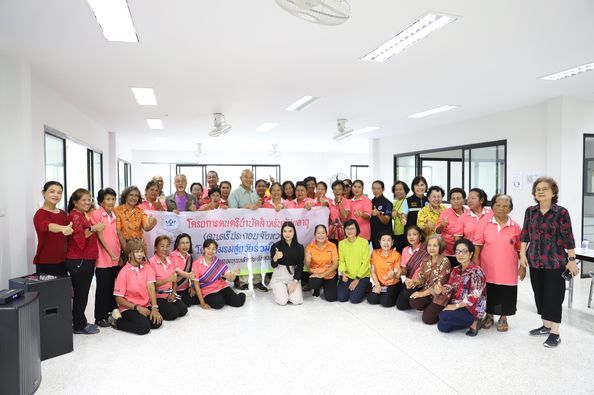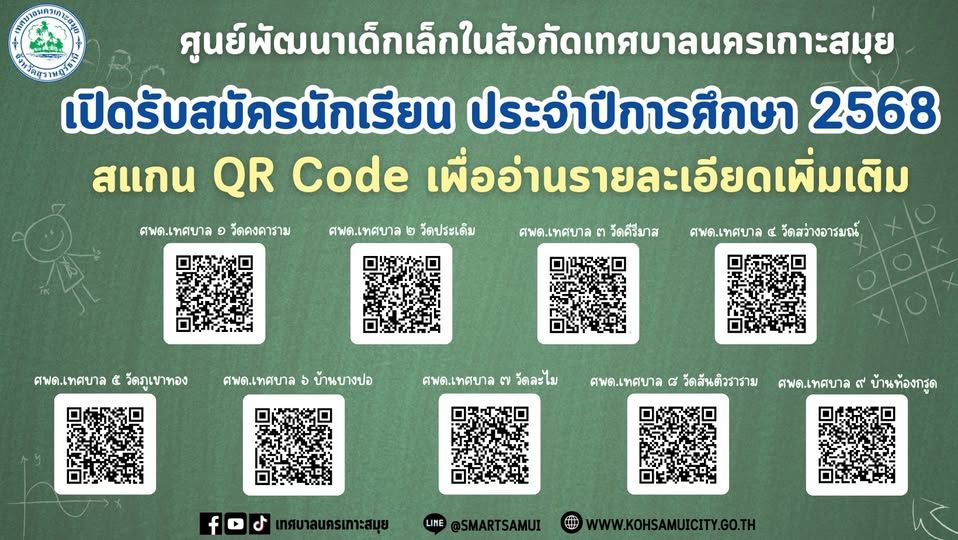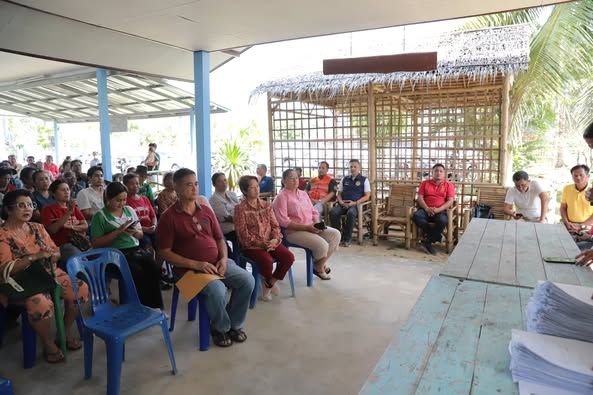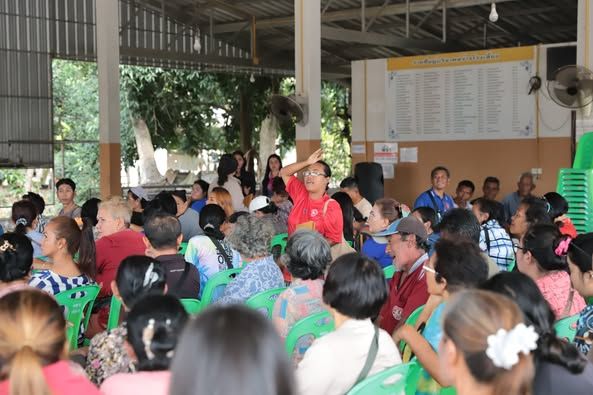The Koh Samui Senior Welfare Center has launched a music therapy program for the elderly, aimed at enhancing their overall quality of life. By engaging with different musical instruments, participants can exercise, build mental strength, and foster social connections, leading to increased happiness and better physical and mental health. #KohSamui #SeniorWelfare #MusicTherapy #ElderlyCare #QualityOfLife #MentalStrength #SocialConnections #PhysicalHealth #MentalHealth #Happiness
Introduction to Music Therapy for Seniors
Music has the power to evoke emotions, memories, and create connections among individuals. Recognizing this power, the Koh Samui Senior Welfare Center launched a music therapy program for the elderly on October 12, 2023. The event, presided over by Mr. Nutthapol Rattanarak, Deputy Mayor of Koh Samui Municipality, brought together various stakeholders, including government officials, municipal council members, fund committee members, and elderly participants from Lipa Noi and Talin Ngam subdistricts.
Collaborative Support from Local Organizations
The Elderly Club of Lipa Noi Subdistrict and the Elderly Club of Talin Ngam Subdistrict played a pivotal role in organizing the music therapy program. With promotion and support from the Koh Samui Municipal Health Security Fund, the clubs were able to provide an engaging and beneficial program for elderly participants.
The Multifaceted Benefits of Music Therapy
The music therapy program offers participants a chance to exercise and build mental strength in various ways, including rhythm-making, singing, and dancing. By engaging with different musical instruments, such as wooden sticks, bongo drums, single-faced drums (Rammana), cymbals, and clappers, participants can practice rhythms and better understand the intricacies of music.
As the elderly participants learn to sing and dance to the rhythm of the music, they develop a sense of accomplishment and enjoyment. This process not only promotes physical well-being but also elevates mental health by reducing stress, improving mood, and fostering social connections.
Aiming for a Higher Quality of Life
The primary goal of the music therapy program is to enhance the overall quality of life for elderly individuals. By gaining knowledge and understanding about exercising with rhythm music, participants can boost their motivation, leading to increased happiness and better physical and mental health. Furthermore, the program serves as a constructive way for seniors to spend their free time and relieve stress from the aging process, ultimately helping them lead a more fulfilling and content life.
The Impact of Music Therapy on Community Integration
As participants find joy and satisfaction in engaging with the music therapy program, they become more integrated within their communities. This harmonious integration allows elderly individuals to live happily alongside people of all genders, ages, and backgrounds, fostering a more inclusive and compassionate society.
Frequently Asked Questions
1. What are the primary goals and benefits of the music therapy program for the elderly?
The music therapy program aims to enhance the overall quality of life for elderly individuals. The multifaceted benefits of the program include exercising, building mental strength, reducing stress, improving mood, fostering social connections, and promoting physical and mental health. Through these benefits, the program helps seniors lead more fulfilling and content lives.
2. How do elderly participants engage with music therapy and develop new skills?
Participants engage with music therapy by practicing rhythm-making, singing, and dancing. They use various musical instruments, such as wooden sticks, bongo drums, single-faced drums (Rammana), cymbals, and clappers, to better understand the intricacies of music. Learning to sing and dance to the rhythm of the music promotes a sense of accomplishment and enjoyment, leading to improved well-being.
3. How does the music therapy program impact community integration and inclusiveness?
As elderly participants find joy and satisfaction in engaging with the music therapy program, they become more integrated within their communities. This harmonious integration fosters a more inclusive and compassionate society, allowing elderly individuals to live happily alongside people of all genders, ages, and backgrounds.




